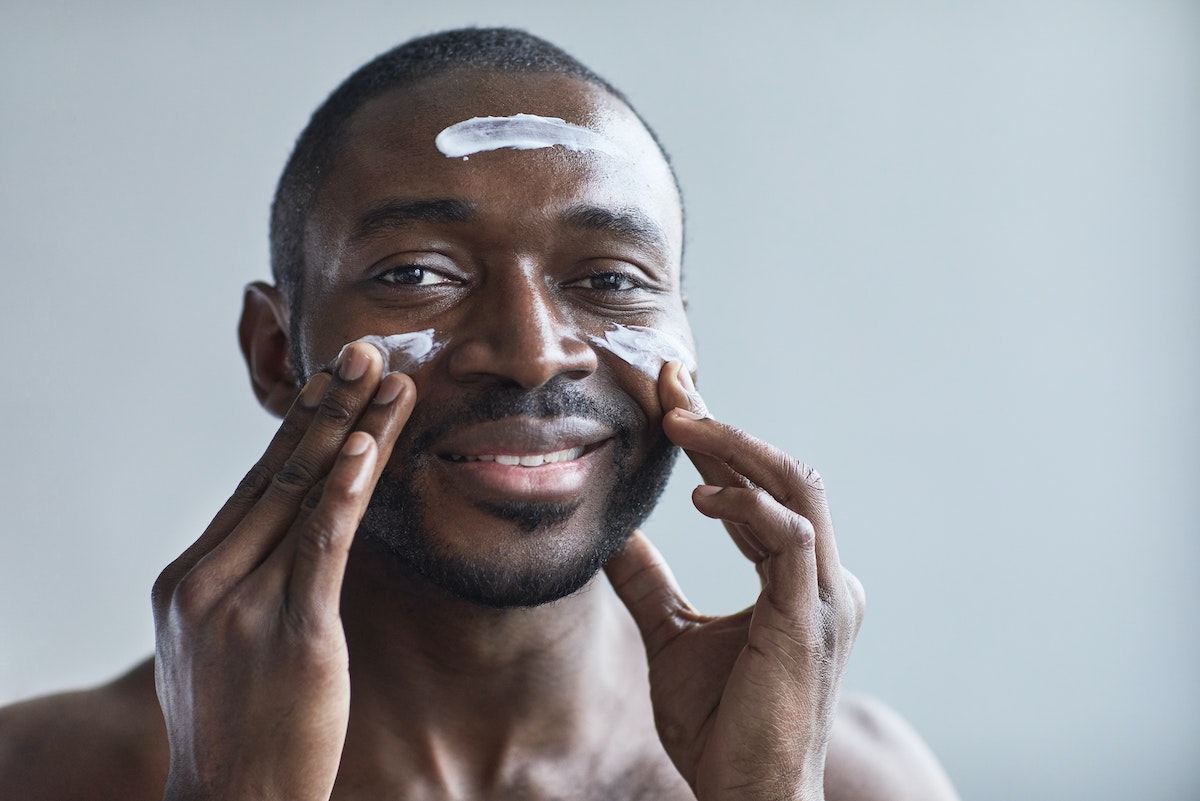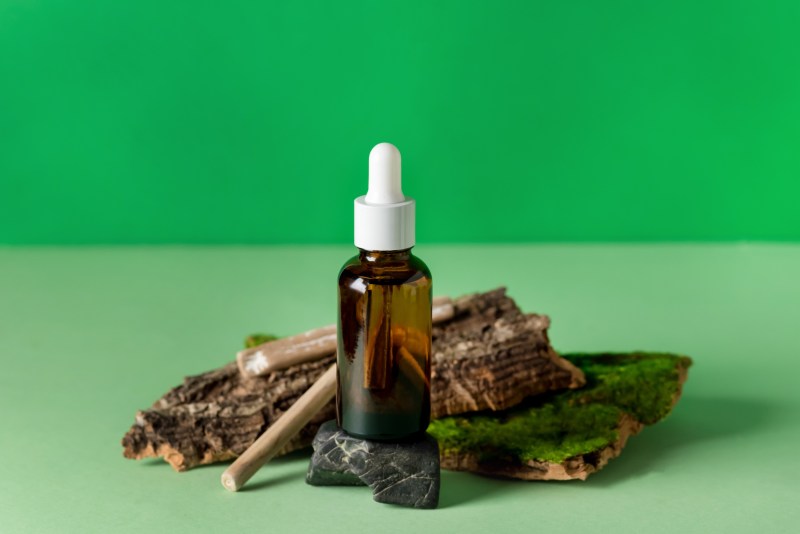
Expected to reach USD 1.79 billion by 2030, the global retinol market has been on the rise recently — offering an easy and accessible way to achieve brighter, more youthful skin at home. Retinol works by helping to increase your skin’s proliferation (creating new skin cells) and helps increase your skin’s collagen production to help target acne, fine lines, wrinkles, and other common skin concerns.
Although many people find they have great success with retinol, it’s not for everyone. Not only can retinol be harsh on certain skin types, but it’s not always the best choice for those who prefer a more natural skincare routine or one that is plant-based. That’s why many people opt for Bakuchiol, a natural retinol alternative. Below, we’ll break down the hype about Bakuchiol and its potential benefits for your skin.
What is bakuchiol?
Bakuchiol comes from a plant grown in India known as Psoralea corylifolia. Also known as the “babchi” plant, this botanical extract has been used in ancient Chinese medicine and Ayurvedic practices for centuries. Recently, Bakuchiol has gained popularity in the skincare world, offering properties similar to those of the well-known retinol. Bakuchol extract is offered in many forms to add to your skincare routine, such as in serums or moisturizers. Sometimes, Bakuchiol is also combined with other botanicals, such as jojoba or rose hip, to help improve effectiveness.
What are the benefits of bakuchiol?

Bakuchiol is an effective plant-based ingredient that offers many benefits for your skin. A 2019 study found that It effectively improved visible signs of aging (such as fine lines and wrinkles) and helped target hyperpigmentation on the face. Similarly to retinol, Bakuchiol helps stimulate the production of collagen and aid in cellular turnover but to a lesser extent than retinol.
Bakuchiol is an effective ingredient to help target a variety of skin problems and conditions, such as:
- Fine lines and wrinkles
- Evening out skin tone
- Improving firmness of skin and elasticity
- Combatting acne
- Targeting areas of hyperpigmentation
Some people who have tried retinol are often turned off by the challenging side effects. Common side effects include irritation, redness, flaking, blistering, stinging, and increased sun sensitivity. It should also be noted that women who are pregnant or breastfeeding should not use Retinol, as it can interfere with proper fetal development.
How to use bakuchiol in your skincare routine

Adding Bakuchiol to your skincare regimen is quite simple. Due to its gentle nature, it is safe to use one or two times daily in the morning and evening. If using a Bakuchiol serum, apply it after cleansing and toning but before your daily moisturizer. If using a Bakuchiol moisturizer, apply it as the last step in your skincare routine after using any serums.
Although Bakuchiol has far fewer side effects than retinol, any skincare product still poses the risk of minor side effects. It might take some time to find the products that work best for your unique skin type. Beekman 1802 offers a great line of Bakuchiol products that are ideal for beginners.
Choosing between bakuchiol vs. retinol

When it comes to skincare, there’s no “one-size-fits-all” approach. With so many different lifestyles and skin types, it’s important to consider your unique needs when selecting skincare ingredients. For those looking for quicker results, retinol may be a faster solution to achieve an improved complexion. Bakuchiol may take longer to see visible results. However, retinol can be harsh and can come with a lot of side effects to consider.
On the other hand, those with sensitive or very dry skin may find Bakuchiol to be a more suitable option. Since Bakuchiol is natural (as opposed to chemical-based retinol), there is less risk of side effects. In the study published in the British Journal of Dermatology, researchers found that Bakuchiol was equally as effective as retinol in improving fine lines but had fewer side effects, such as peeling or burning.
As you choose between retinol and bakuchiol, also consider how regularly you plan to stick to your skincare routine. Retinol requires a set routine to allow your skin to adapt and adjust. Finding the best retinol frequency and dosage can be challenging, especially when fighting many skin side effects. Meanwhile, Bakuchiol can be used more on an as-needed basis since it is less harsh on the skin.
Lastly, consider how frequently you plan on spending time in the sun. Retinol can make your skin susceptible to more sun damage. Bakuchiol is not linked to increased sun sensitivity. Those who are on medications that already increase photo-sensitivity should be careful about using retinol as well.




